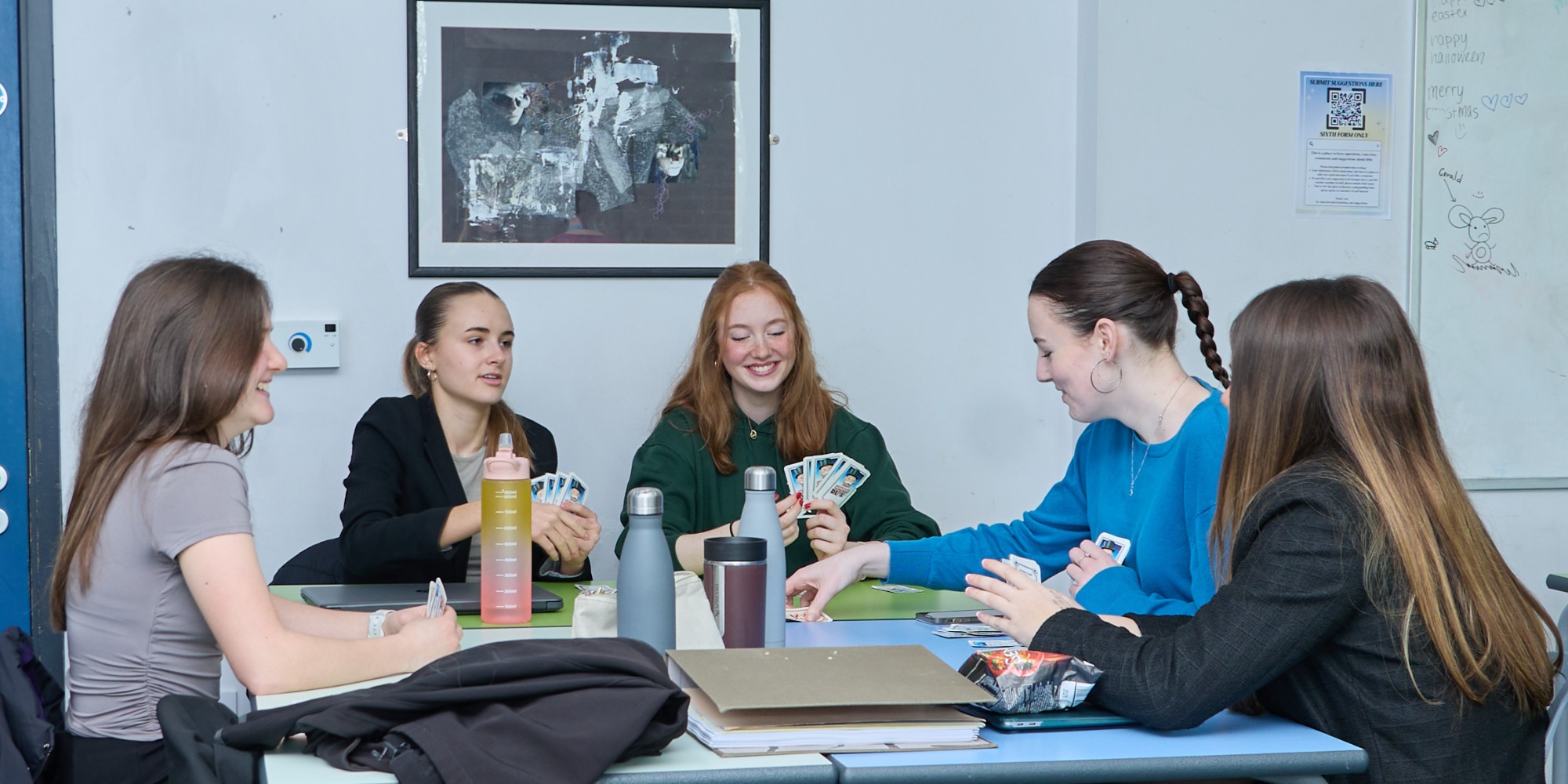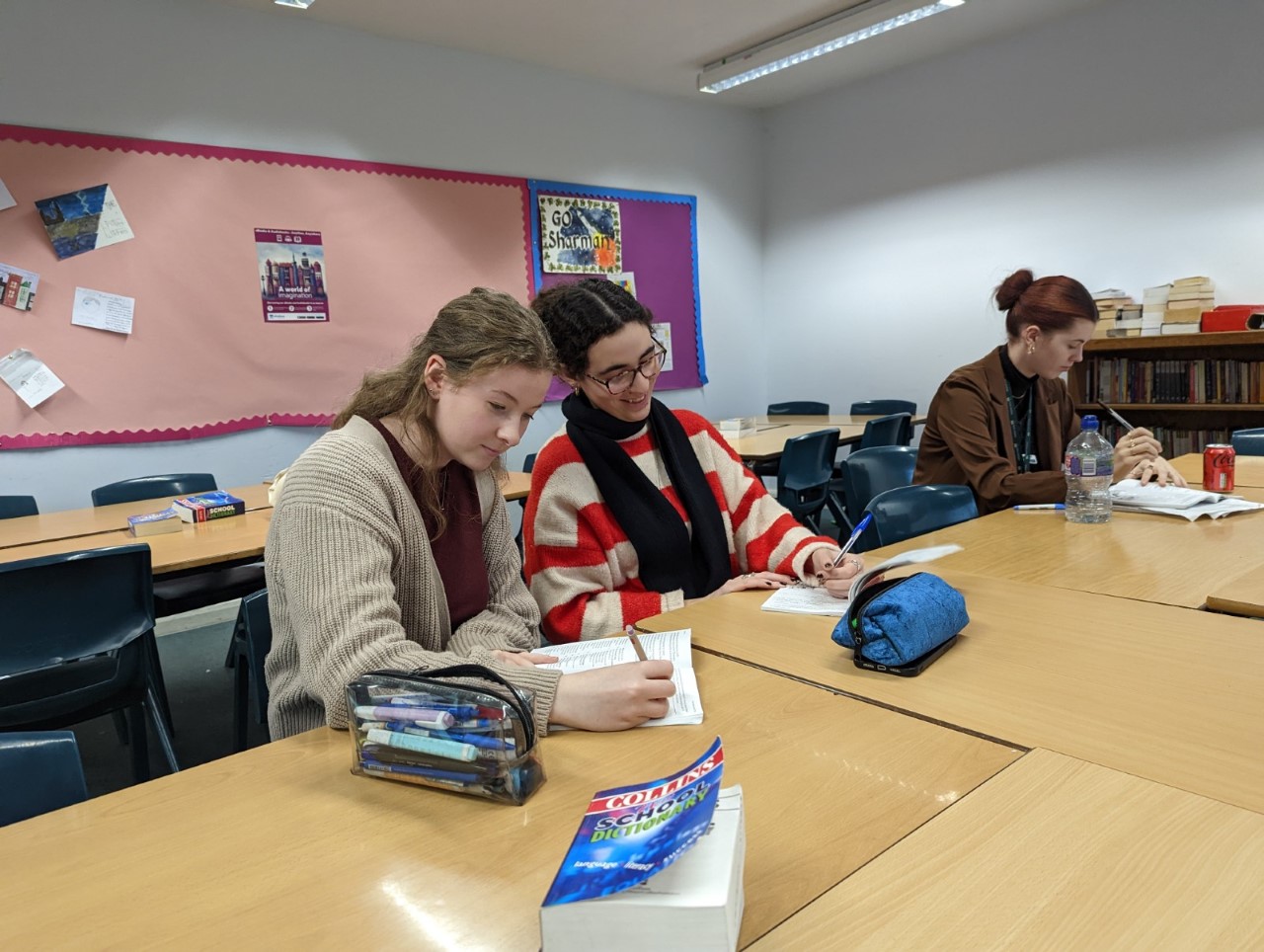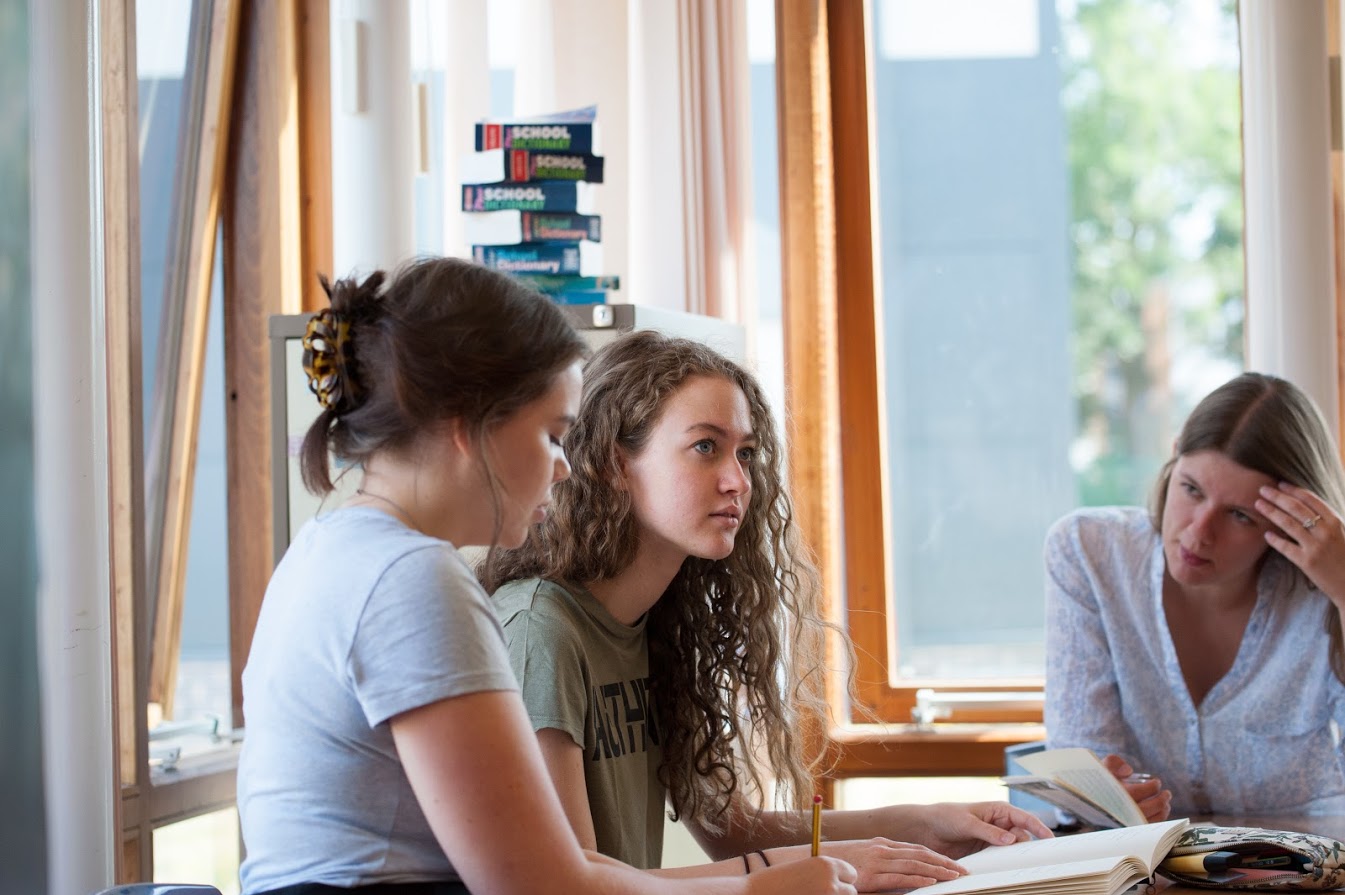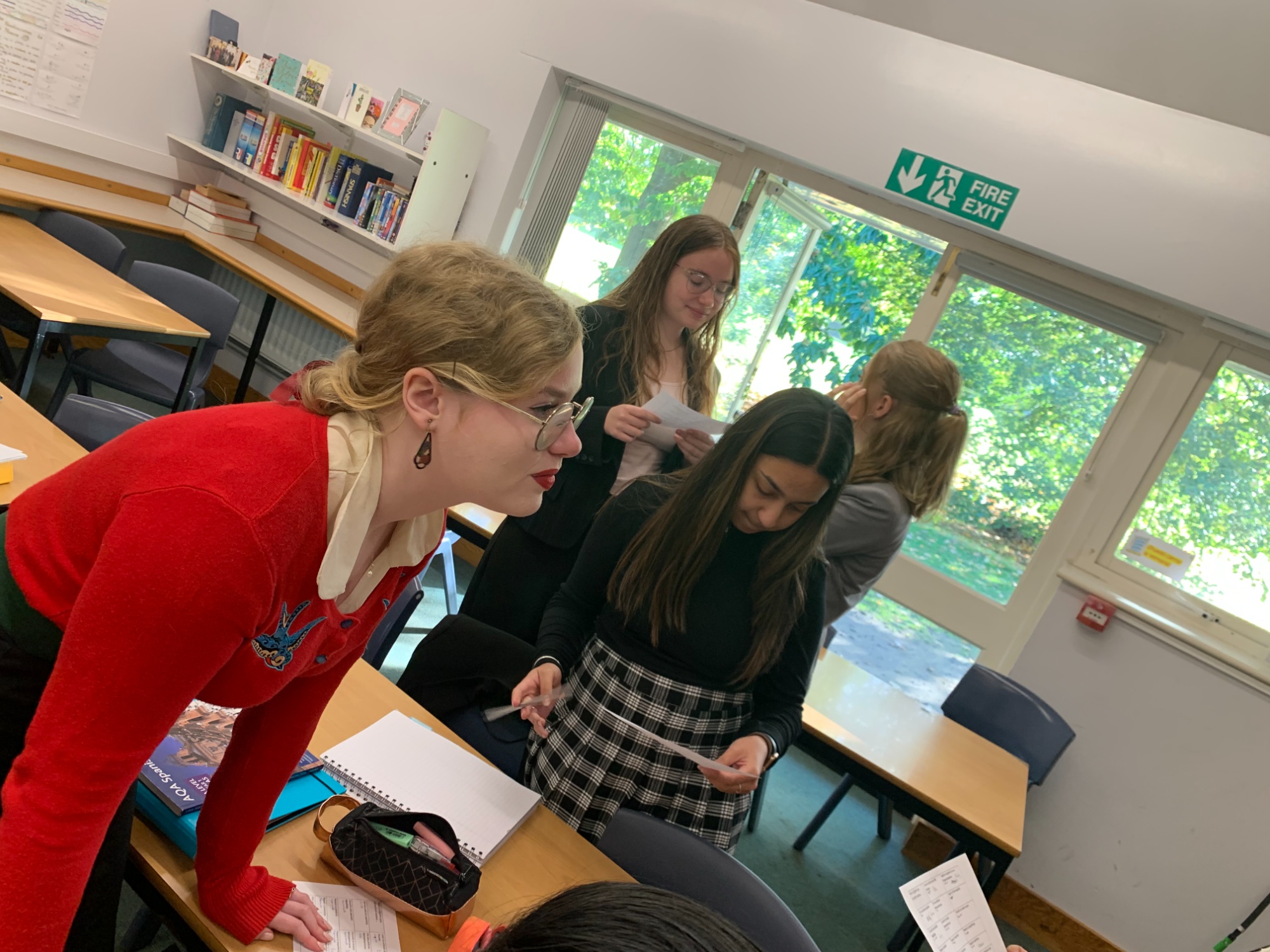Sociology
watch our video
What our students say
"I chose to study Sociology because I felt that it gave me wide range of career opportunities as I hadn’t yet decided what I wanted to do post sixth form. Once I actually started the subject, I also found the content incredibly interesting and the teaching style really helpful. One of the things I like best about it is getting to learn about and unpick topical issues such as the Black Lives Matter movement and the push for gender equality. Next year I’m planning to study Psychology at university, a subject which Sociology has given me a deeper insight into. This subject has enabled me to understand more about the diverse circumstances and viewpoints which make up society and how this can impact many different areas of people’s lives such as their likelihood to achieve well in education or commit a crime."
wanted to do post sixth form. Once I actually started the subject, I also found the content incredibly interesting and the teaching style really helpful. One of the things I like best about it is getting to learn about and unpick topical issues such as the Black Lives Matter movement and the push for gender equality. Next year I’m planning to study Psychology at university, a subject which Sociology has given me a deeper insight into. This subject has enabled me to understand more about the diverse circumstances and viewpoints which make up society and how this can impact many different areas of people’s lives such as their likelihood to achieve well in education or commit a crime."
Elspeth Iles
Exam Board: AQA
Sociology is an increasingly popular subject, due to its relevance not only to day-to-day life and current affairs, but also to a variety of careers.
Overview of the Course
Sociology is the study of how society is organized and how we experience life. In A Level Sociology we develop an understanding of the complexity of human societies, including how the experience of those societies can differ depending on your social group – like gender, class or ethnicity. We will ask whether we still need feminism, question whether international aid really helps developing countries and consider why official statistics show a difference in criminal offending between ethnicities that isn’t reflected in self-report studies.
Course Outline
The course starts with an overview of the key sociological approaches, which we then apply to a range of areas.
In the first year of A Level Sociology we cover:
- Families and Households – changing trends in family units; the construction of childhood; differing gender roles, and the impact of social policies on family life
- Education with Theory and Methods – the role of education; differences in attainment by class, ethnicity and gender; changing education policies and relationship in schools.
In the second year we move on to:
- Crime and Deviance – different sociological explanations of crime; differences in offending rates by gender, class and ethnicity; the impact of globalisation on crime, and crime control
- Global Development – sociological explanations for global inequality; the role of transnational corporations, NGOs etc. in promoting development, and the role of globalisation on cultural, political and economic relationships between societies.
Where can it lead?
Sociology is accepted as a full academic subject for entry to universities (including Oxbridge) and vocational courses. Past students have gone on to follow a wide variety of careers in, for example, architecture; arts; accountancy; business management; law; nursing; physiotherapy; teaching and theology. Sociology provides a useful background for any work which involves direct contact with people or where decisions have to be made which directly affects people’s lives, e.g. police force, politics, medical sphere, housing management, teaching and journalism.
Entry requirements
Previous experience of Sociology is not essential but it is important to have an interest in current affairs. Students must be prepared to follow the news and form opinions on topical social and political issues. Students should be prepared to take part in discussions and contribute to debates. The subject requires extensive reading and a good command of written English, therefore a grade 6 in English Language and 6 in English Literature is a requirement for this course.
Contact: Mrs Le Poidevin, Head of Sociology and Psychology






